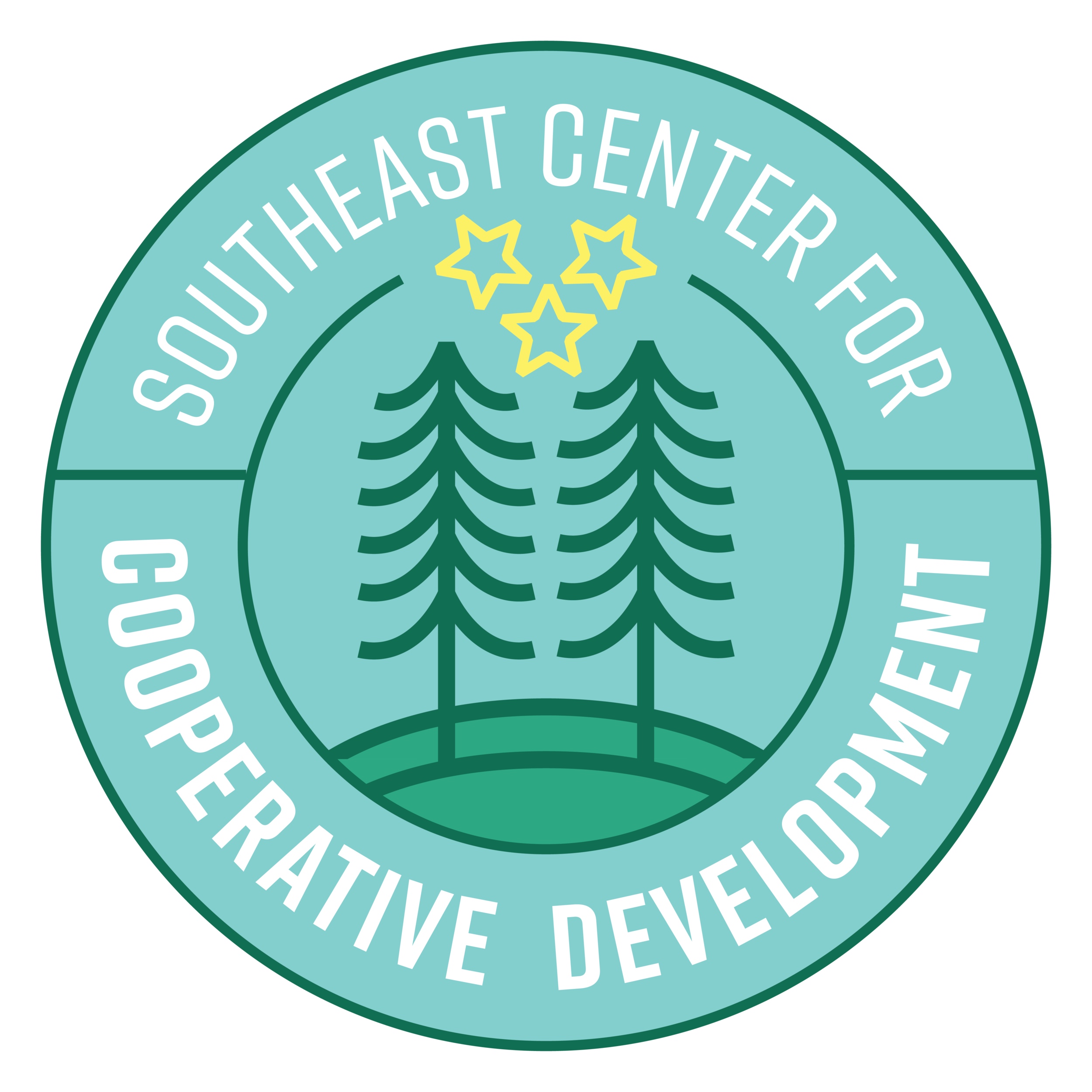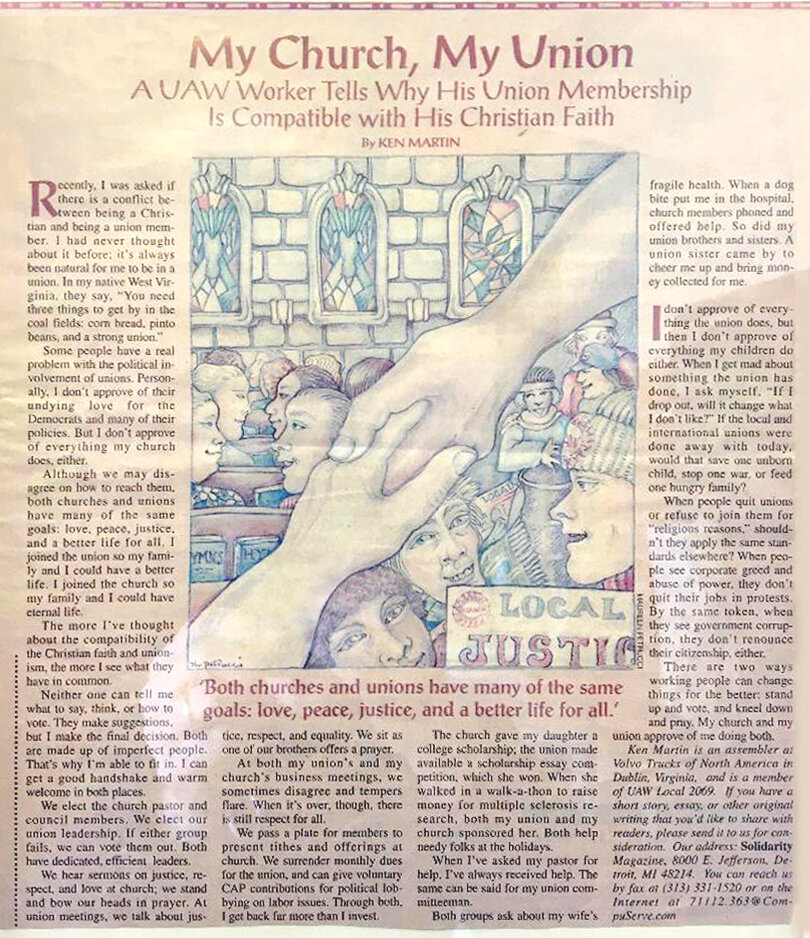
Worker Empowerment
We can change the economy through the empowerment of working people.
The very structure of our current economic system, with profit-making for corporate interests as its driving goal, relies on the exploitation of labor. Historically, Black, Latinx, immigrant, women and low-wage workers have faced the worst kinds of exploitation. During the pandemic, the rhetoric of essential workers and “Covid heroes” has not necessarily been matched with concerns for justice, equity and agency—in particular for the most vulnerable workers. But there have always been pathways to economic justice and worker empowerment, despite the latest challenge of organizing during a pandemic. These conditions also create tremendous organizing opportunities, unique moments where systemic change is possible. All of the historic changes in labor conditions—the 8 hour workday, overtime pay, sick pay, anti-discrimination laws for women and workers of color, collective bargaining agreements—came about as a result of workers organizing through their unions and allied community organizations to push for these changes. It is no different today, and some frontline workers made critical improvements to their wages and working conditions throughout the pandemic.
It is important to recognize that throughout these movements, past and present, people of faith have played a direct role through acts of pastoral accompaniment, material support, actions of solidarity, and as working people themselves. The deepest truths of the world’s great religious traditions are centered upon the principles of solidarity, mutuality, compassion, justice, and collective belonging. Through this toolkit, we hope to provide resources that help point the way and create the conditions for communities of faith to be fully present and engaged in these critical matters of economic justice and worker empowerment today.
What does an economy centered around the lives of working people look like—the vast majority of us who have to work for a living? What is worker empowerment? And how do faith communities enter into the equation? Across academia, the labor movement, and faith communities, we looked for examples that pointed us toward a worker-centered economy.
Vonda McDaniel, President of the Central Labor Council in Middle Tennessee, shares how she developed a pre-apprenticeship program to equip individuals with skills for our economy and empower a generation of people to have dignity in their work.
Rev. Francisco Garcia, doctoral student and longtime organizer in both labor and faith circles, shares his own experiences in the labor and social justice movements in California, its intersections with faith, and what today’s concept of the ‘essential worker’ reveals about our economy.
Tha Par, Burmese immigrant and Leader of the Burma Center, shares how churches play a fundamental role in helping her community develop the ability to support their families and economically thrive in their new country.
Worker Empowerment: Amazon, Unions, and Why Labor Justice is Racial Justice
In this short essay, Professor Dr. Juan Floyd-Thomas (Vanderbilt Divinity School) details the major struggles for a more just world happening in 2021, from Bessemer, Alabama to Washington, DC, over crippling debt, white supremacist governing, the right to housing, state violence, and a unionized working class.
We hope these contributions will help you contextualize essential questions like:
How has your life been affected by today’s economy?
In what ways has your faith helped you navigate hard times?
What do you imagine a good economy to be like?
How do we get there?
Movement Soundtracks
Music has long accompanied, defined, and reflected the many movements for justice in all its forms. We have included a few songs here that represent the role of music in social transformation. This playlist is collaborative—find us on Spotify (a free streaming platform) and add music of your own.






